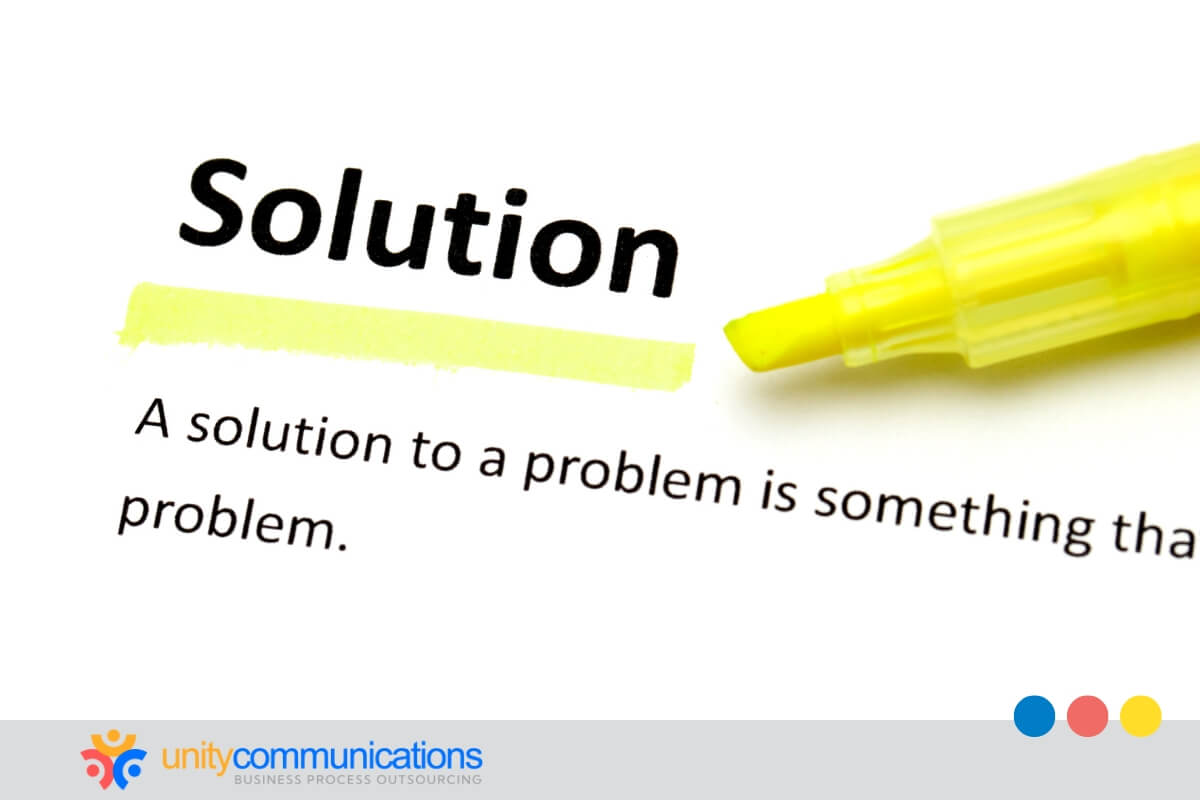IN THIS ARTICLE
Table of Contents
Virtual assistants are a practical solution to streamlining operations in medical billing. As clinical practices face complex billing tasks, virtual medical assistant (VMA) support helps reduce administrative burdens and improve efficiency.
Outsourcing also allows practices to delegate time-consuming tasks, such as claims processing and payment tracking, to external VMAs, freeing internal resources for patient care.
Continue reading to learn how incorporating virtual assistants can enhance your billing processes and increase operational productivity throughout your practice.
Role of virtual assistants in medical billing

VMAs help healthcare providers manage billing operations more efficiently. They streamline payment procedures and decrease errors to meet the healthcare industry’s growing expectations. With virtual assistants performing administrative responsibilities, medical professionals can devote more time to patient care.
Key responsibilities
Virtual assistants perform various activities in medical billing, including claim processing and billing inquiries. They also verify patient billing information to eliminate payment anomalies and delays.
VMAs are responsible for the following specific tasks:
- Process insurance claims and follow up on denied claims.
- Answer patient billing questions and requests.
- Update patient information for billing accuracy.
- Assist with payment collection and resolve overdue liabilities.
Technology and tools
VMAs leverage cutting-edge solutions to manage medical billing effectively, reduce manual data entry, and enhance record accuracy. Hence, technological proficiency is necessary when choosing the right virtual assistant in medical billing.
Commonly used tools include:
- Medical billing software, such as Kareo and AdvancedMD
- Claims processing platforms to expedite insurance handling
- Electronic health records (EHR) systems for patient data management
- Practice management applications for data centralization, payments, and patient flow.
Benefits of using virtual assistants for medical billing
Virtual assistants in medical billing offer many advantages for your practice. For instance, when hiring a virtual assistant for Phoenix healthcare, you can cut costs, increase accuracy and compliance, and speed up payment cycles.
Let’s examine the benefits in detail:
Cost efficiency
Assigning repetitive billing tasks to a remote professional frees up on-site staff for complex, patient-focused work. This optimized task management boosts productivity and reduces operating expenses.
VMAs help by handling administrative billing duties, managing routine claims and documentation, and reducing overtime due to heavy workloads.
Accuracy and compliance
VMAs maintain billing precision to reduce errors and claim rejections. Additionally, they ensure strict compliance with critical laws, such as the Health Insurance Portability and Accountability Act of 1996 (HIPAA).
Their contributions include double-checking data for accuracy, staying updated on regulatory changes, and handling patient information securely.
Faster reimbursement
VMA-led billing processes can help shorten payment cycles. With claims submission and follow-ups managed promptly, healthcare providers experience quicker reimbursements and better cash flow.
Virtual assistants help by submitting timely insurance claims, following up on unpaid claims, and accelerating payment processing for faster revenue.
Challenges and solutions in virtual medical billing

Virtual medical billing presents challenges your practice must address for effective and secure operations. By tackling data security, training, and quality assurance issues, your organization can optimize billing and maintain high standards.
Data security
Information privacy and security are top concerns in virtual medical billing. Handling sensitive patient records remotely introduces risks, such as data breaches, that you should manage carefully. Deploying robust security measures can protect data and sustain compliance.
Here are vital solutions to mitigate risks:
- Encryption. Securing data at rest and in transit helps to prevent unauthorized access.
- Regular security audits. Conduct routine inspections and analyses to discover vulnerabilities and guarantee current security policies.
Training and quality qssurance
Thoroughly training virtual assistants in medical billing can maintain accuracy and compliance. Ongoing education and regular quality checks support high standards and help avoid costly errors.
Implement the following strategies to keep VMAs proficient in their roles:
- Comprehensive training programs. Provide extensive instruction on healthcare billing methods, laws, and software.
- Constant quality checks. Regularly assess and review work to consistently meet standards.
Outsourcing virtual assistants to streamline medical billing processes
Employing virtual assistants in medical billing through a business process outsourcing (BPO) provider is a practical approach for your healthcare company to increase efficiency and accuracy.
What is BPO’s role in medical billing? Outsourcing enables you to delegate time-consuming billing tasks to a service provider so your internal team can focus on patient care. The BPO company oversees payment processes, claims submissions, data entry, compliance checks, and other billing operations.
How outsourcing works is that a third-party contractor handles the recruiting, orientation, training, and upskilling of virtual assistants to equip them with needed skills. It then incorporates VMAs into daily operations to perform outsourced billing processes.
Why outsource virtual assistants in medical billing

Outsourcing VMAs provides many benefits that can drive your operations. Look at the following advantages:
Resource optimization
Healthcare BPO services can save your practice more money. Shifting repetitive billing tasks to a remote outsourcing team decreases the need for an extensive in-house team, enabling more effective resource allocation.
The benefits include lower operating costs, a leaner internal team, and streamlined financial management.
Operational efficiency and accuracy
Outsourcing administrative tasks in healthcare streamlines operations. With trained virtual assistants handling complex claims and maintaining compliance, your organization can reduce errors and delays in medical billing.
Key aspects are expert claim and coding handling, improved billing accuracy, and enhanced compliance with healthcare regulations.
Focus on core activities
When outsourcing VMAs, your internal team can concentrate on core activities, such as patient care and treatment. The shift in focus enhances service quality and allows for a more efficient healthcare process in BPO.
The upsides include increased attention to patient-centered activities, advanced quality of care and service, and efficient management of administrative tasks.
Flexibility and scalability
BPO in telemedicine allows flexible scaling, with the BPO firm adjusting VMA support to meet your practice’s needs during service expansion or billing fluctuations. The perks are adaptability to changing billing volumes, quick ramp-up or down of resources, and support for expanding service offerings.
The bottom line
Integrating BPO virtual assistants can modernize medical billing processes, driving efficiency and accuracy. They streamline tasks so your in-house team can be more patient-centric. Consider outsourcing to elevate operational productivity.
Let’s connect to discuss further the benefits of outsourcing virtual assistants in medical billing. Unity Communications’s VMAs can help your healthcare organization simplify billing processes, sharpen accuracy, and focus on delivering quality patient care!





